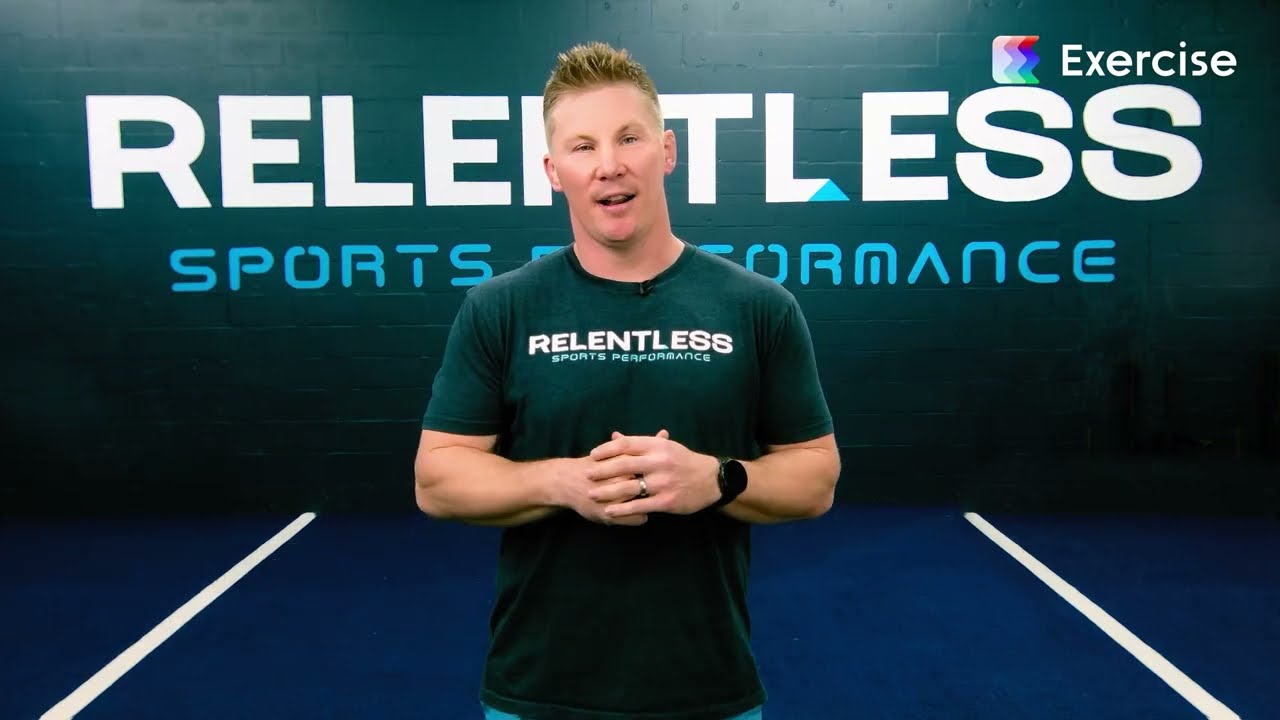Gym Legal Guide: Top 10 Basic Gym Legal Requirements
Use this gym legal guide to understand the basic gym legal requirements for opening a gym, running a gym, and growing a gym.

If you own a gym or are involved in the fitness industry, it is crucial to understand basic gym legal requirements that come along with it. Compliance with these fitness center regulations not only ensures the smooth operation of your gym but also protects you, your gym staff, and your gym members.
In this article, we will explore the basics of gym legal requirements, identify different types of gym regulations, discuss steps to meet these requirements, and provide guidance on dealing with legal issues. If you are a gym owner, this guide will help you navigate the complex world of gym legal requirements.

Discover the essential gym legal requirements you need to know, and then be sure to check out our guide to dealing with gym lawsuits and gym legal troubles. And, of course, we all know that we want to increase gym revenue and profitability, we want to make your gym stand out, we want to motivate gym staff, and be one of the most successful gyms, so be sure to power up your gym business with the best gym management software and the best personal training software: Exercise.com.
Use the professional’s solution for managing a gym: Exercise.com.
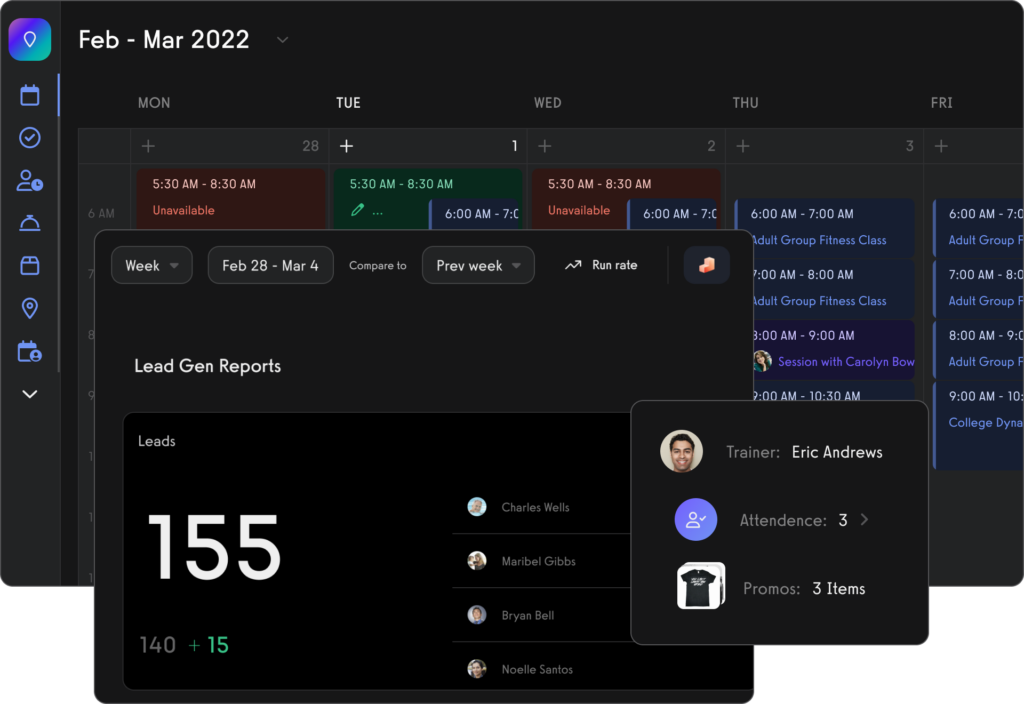
Robust booking and scheduling.

Gym check-ins.
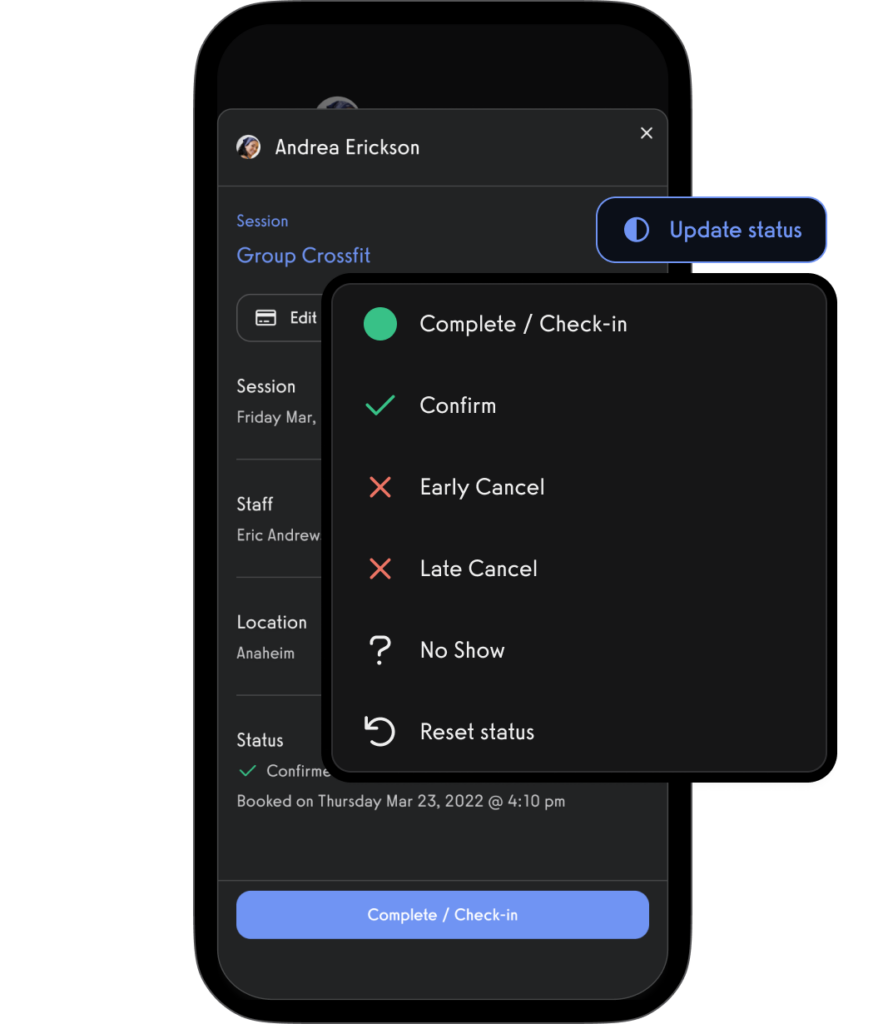
Advanced reporting.
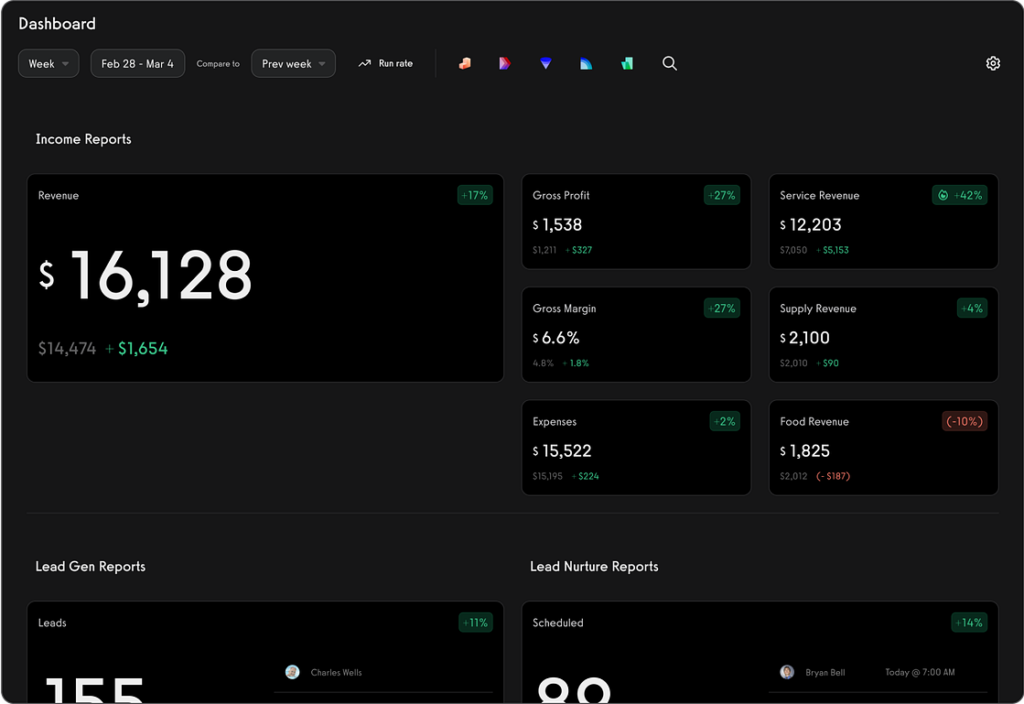
Waivers, assessments, e-signatures, and more to make sure your gym’s legal requirements are buttoned up.
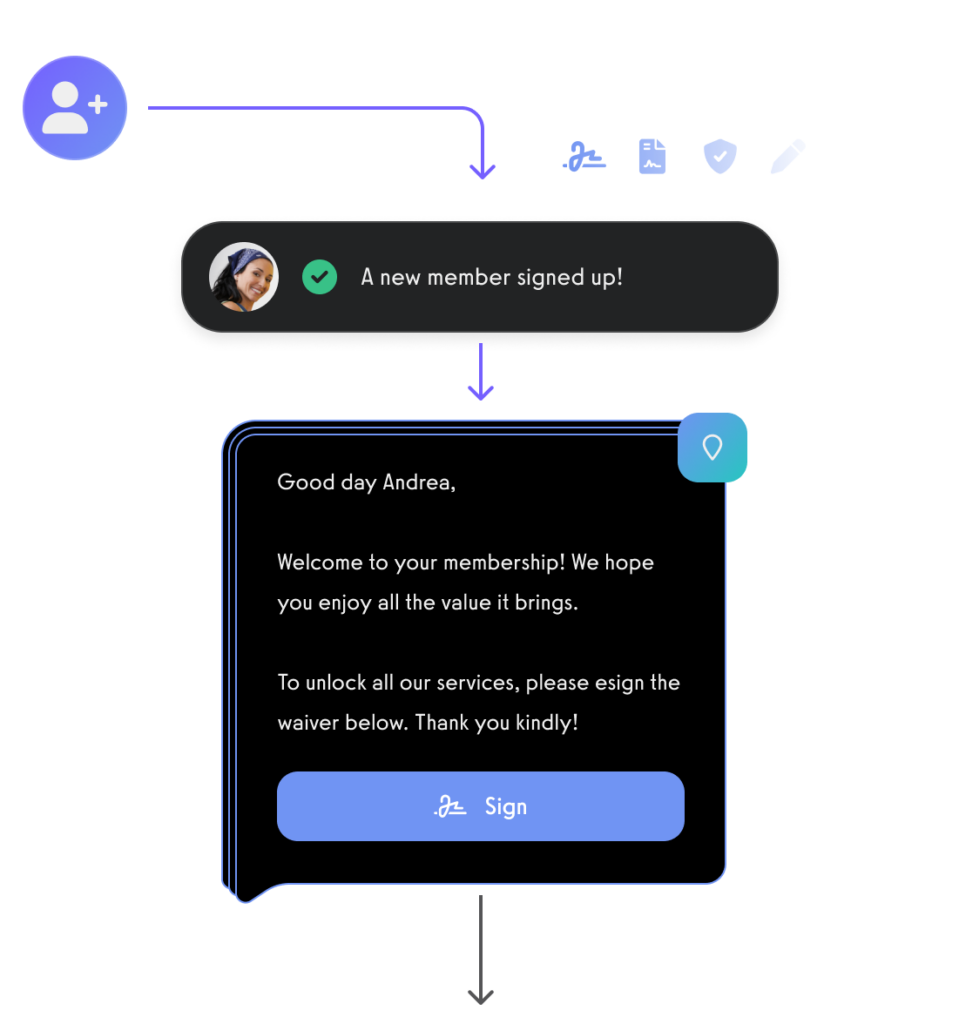
And much, much more.
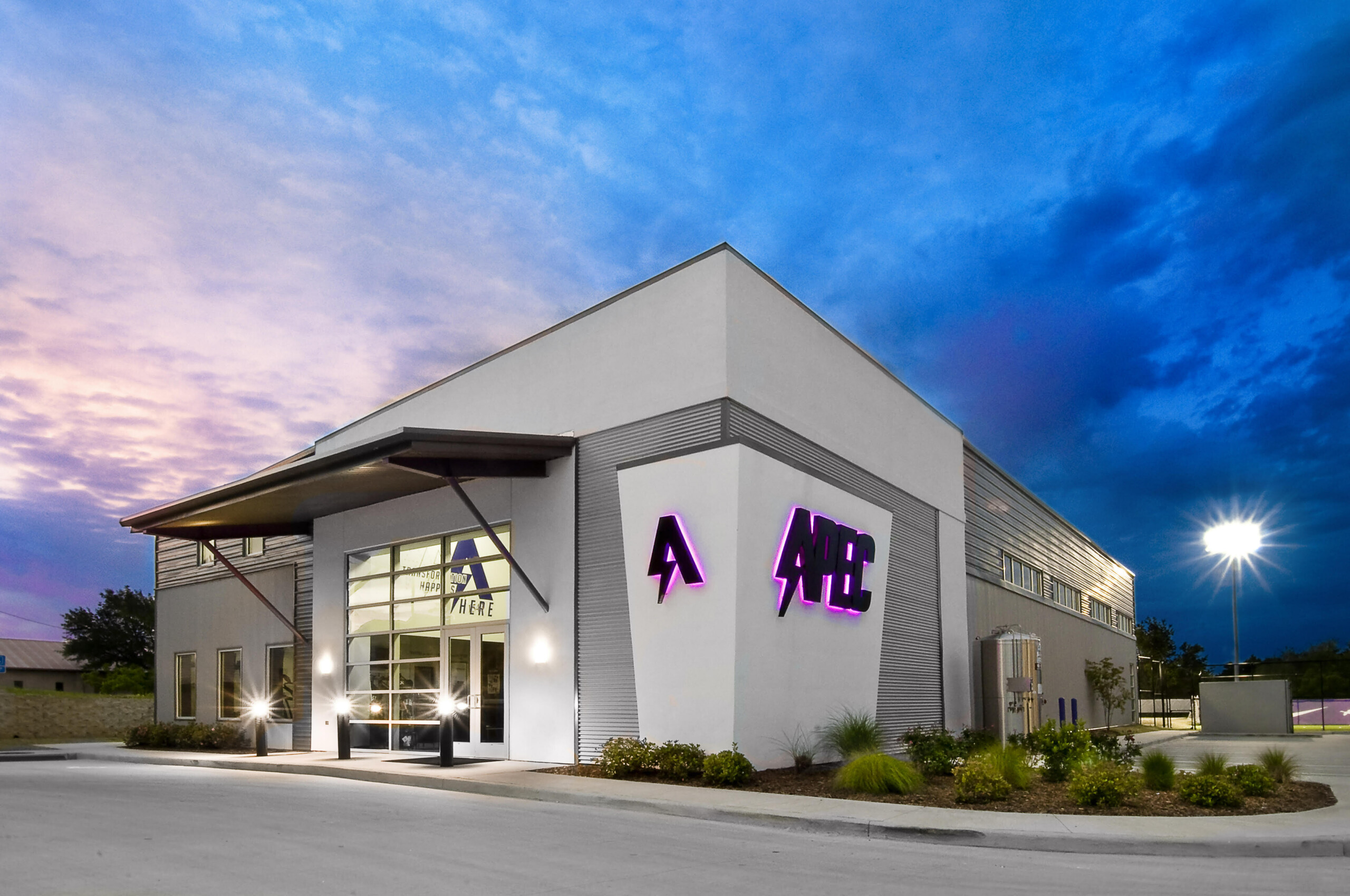
Top 10 Gym Legal Requirements
Running a gym involves navigating various legal considerations to ensure compliance and protect the business. Here are the 10 most important legal considerations for gym owners:
- Business Licensing and Permits: Ensure you have the necessary business licenses and permits to operate a gym in your area. This may include a general business license, a health club license, and zoning permits.
- Liability Waivers: Have all members sign liability waivers to protect your gym from lawsuits related to injuries. These waivers should be drafted by legal professionals to ensure they are enforceable. Use the best gym software with waivers from Exercise.com.
- Employment Law Compliance: Adhere to employment laws, including fair labor standards, non-discrimination policies, and employee rights. This includes proper classification of employees versus independent contractors.
- Health and Safety Regulations: Comply with health and safety regulations to ensure a safe environment for members and staff. This includes regular equipment maintenance, facility cleanliness, and emergency preparedness.
- Insurance Coverage: Obtain adequate gym insurance coverage, including general liability, professional liability, and property insurance, to protect your business from potential lawsuits and property damage.
- Privacy Laws: Follow privacy laws regarding member data, especially if you collect personal information through gym management software. Ensure your data collection and storage methods are compliant with laws like GDPR or HIPAA (if applicable).
- Contractual Agreements: Draft clear and legally sound contracts for members, employees, and vendors. This includes membership agreements, employment contracts, and service contracts.
- Intellectual Property Protection: Protect your gym’s brand by trademarking your gym’s name, logo, and any unique programs or services.
- Accessibility Compliance: Ensure your gym complies with accessibility laws, such as the Americans with Disabilities Act (ADA), making your gym accessible to people with disabilities.
- Music Licensing: If you play music in your gym, ensure you have the appropriate licenses from music rights organizations to avoid copyright infringement.
Staying informed and compliant with these legal aspects is crucial for the smooth and lawful operation of a gym. Consulting with legal experts in these areas is often advisable to ensure all legal bases are covered.
Read More:
- Gym Waiver Template
- Personal Trainer Waiver Template
- Fitness Class Waiver Template
- Best Gym Software with Waivers and Contracts
Understanding the Basics of Gym Legal Requirements
Before delving into specific legal obligations, it’s essential to grasp the importance of legal compliance in the fitness industry. Compliance ensures that your gym operates within the bounds of the law, safeguarding your reputation and minimizing the risk of legal disputes. It also establishes a safe and secure environment for your customers to exercise and promotes the trust and confidence that personal trainers and fitness professionals need to thrive in their profession.
To navigate gym legal requirements effectively, you must familiarize yourself with key legal terms relevant to the fitness industry. Understanding words such as liability, negligence, indemnity, and waivers is paramount. These terms often play a crucial role in legal agreements and can impact your responsibilities as a gym owner or fitness professional.
Liability is the legal responsibility for any injuries or damages that occur on your gym premises. As a gym owner, it’s crucial to understand the extent of your liability and take appropriate measures to minimize risks. This may include maintaining equipment regularly, providing proper instruction and supervision, and ensuring a safe and clean environment for your members.
Negligence refers to the failure to exercise reasonable care, resulting in harm or injury to others. In the context of a gym, negligence can occur if you fail to maintain equipment, provide adequate training to your staff, or address potential hazards promptly. Understanding the concept of negligence can help you identify areas where you need to improve and prevent potential legal issues.
Indemnity is a legal agreement that protects one party from financial loss or damage. In the fitness industry, indemnity clauses are often included in contracts or waivers to protect gym owners and trainers from liability claims. It’s crucial to understand the scope and limitations of indemnity clauses to ensure they are properly drafted and enforceable.
Waivers are legal documents that individuals sign to acknowledge and accept the risks associated with participating in physical activities at your gym. A well-drafted waiver can help protect you from liability claims in case of injuries or accidents. However, it’s important to note that waivers may not always absolve you from all liability, especially in cases of gross negligence or intentional misconduct.
By partnering with Exercise.com, you can streamline your legal compliance efforts. Exercise.com offers comprehensive gym management software that simplifies administrative tasks and ensures your gym reporting is in top shape. With features like automated waiver forms, document management, and gym analytics, Exercise.com is the perfect software to help you stay on top of your legal obligations.
Furthermore, Exercise.com provides resources and guidance to help you navigate the complex world of gym legal requirements. From articles and blog posts on legal best practices to webinars and workshops conducted by industry experts, Exercise.com is committed to keeping you informed and equipped with the knowledge you need to protect your gym and your clients.
Book a demo today to learn more about how Exercise.com can assist you in meeting your legal obligations while providing exceptional service to your members. Don’t let legal compliance be a burden – let Exercise.com be your partner in success!
Identifying the Different Types of Gym Legal Requirements
Gym legal requirements encompass various aspects of running a fitness facility. Understanding these requirements will help you prioritize your compliance efforts. The following are some of the most common legal obligations you may encounter:
Gym Health and Safety Regulations
Ensuring the safety and well-being of your gym members is of utmost importance. Therefore, complying with health and safety regulations is crucial. You must maintain clean and safe workout spaces, properly maintain equipment, and have an emergency plan in place.
When it comes to maintaining clean workout spaces, it is essential to regularly sanitize and disinfect all equipment and surfaces. This includes wiping down machines, weights, and exercise mats after each use. Additionally, providing hand sanitizing stations throughout the gym can help promote good hygiene practices among members.
Properly maintaining equipment involves conducting regular inspections to identify any potential hazards or malfunctions. It is important to promptly repair or replace any faulty equipment to prevent accidents or injuries. Regular maintenance schedules should be established to ensure that all machines are in good working condition.
Having an emergency plan in place is crucial for the safety of both staff and members. This plan should include procedures for handling medical emergencies, such as providing first aid and contacting emergency services if necessary. It is also important to have clear evacuation routes and designated assembly areas in case of fire or other emergencies.
Gym Employment Laws
If you have employees, it’s essential to comply with employment laws. This includes adhering to fair hiring practices, providing a safe working environment, complying with minimum wage and overtime laws, and understanding your obligations regarding workers’ compensation and employee benefits.
Adhering to fair hiring practices involves treating all job applicants equally and without discrimination. This includes considering candidates based on their qualifications and skills rather than their race, gender, age, or other protected characteristics. Implementing a standardized hiring process that includes job postings, interviews, and reference checks can help ensure fairness and transparency.
Providing a safe working environment for your employees is not only a legal requirement but also promotes productivity and employee satisfaction. This includes maintaining a clean and organized workspace, providing necessary safety equipment, and conducting regular safety training sessions. It is important to address any safety concerns or hazards promptly to prevent accidents or injuries.
Complying with minimum wage and overtime laws ensures that your employees are fairly compensated for their work. Familiarize yourself with the minimum wage laws in your jurisdiction and ensure that all employees are paid at least the minimum wage. Additionally, keep accurate records of hours worked and provide overtime pay to eligible employees as required by law.
Understanding your obligations regarding workers’ compensation and employee benefits is crucial for protecting both your employees and your business. Workers’ compensation insurance provides coverage for medical expenses and lost wages in case of work-related injuries or illnesses. Familiarize yourself with the requirements in your jurisdiction and ensure that you have the necessary coverage in place.
Gym Privacy and Data Protection Laws
In today’s digital era, protecting personal information is paramount. Ensure you comply with privacy and data protection laws when collecting, storing, and using personal data. Implementing appropriate security measures and obtaining necessary consent from your customers are key components of compliance.
When collecting personal data from your gym members, it is important to clearly communicate the purpose of the data collection and obtain their consent. This can be done through consent forms or privacy policies that outline how their information will be used and protected. It is also important to only collect the necessary information and securely store it to prevent unauthorized access or data breaches.
Implementing appropriate security measures involves using encryption and secure servers to protect personal data from unauthorized access. Regularly updating software and systems can help prevent vulnerabilities that could be exploited by hackers. It is also important to train your staff on data protection practices and ensure that they understand the importance of safeguarding personal information.
Exercise.com can simplify your compliance efforts by providing features such as employee management, privacy controls, and secure data storage. With Exercise.com, you can easily track employee information, manage privacy settings for member data, and ensure that your data is securely stored and protected. Book a demo today to see how Exercise.com can help you meet your legal obligations effortlessly.
Steps to Ensure Your Gym Meets Legal Requirements
Now that you have a better understanding of the various legal requirements, it’s time to take steps to ensure your gym is compliant. Follow these crucial steps:
Conducting a Legal Audit of Your Gym
Performing a legal audit helps identify areas where your gym may fall short of legal requirements. It involves reviewing contracts, agreements, policies, and procedures to ensure compliance with relevant laws and regulations. Additionally, assess your adherence to industry-specific standards and best practices.
During the legal audit, you should pay close attention to the following aspects:
- Health and Safety Regulations: Evaluate your gym’s safety measures, emergency protocols, and equipment maintenance practices to ensure they meet legal standards. This includes checking fire safety measures, first aid kits, and proper signage.
- Employment Laws: Review your employment contracts, employee handbooks, and payroll practices to ensure compliance with labor laws, including minimum wage, overtime, and employee classification.
- Data Protection and Privacy: Assess how you handle customer data, including personal information and payment details, to ensure compliance with data protection laws, such as the General Data Protection Regulation (GDPR).
- Accessibility: Ensure your gym is accessible to people with disabilities by reviewing your facilities, entrances, parking, and signage to comply with accessibility laws.
By conducting a thorough legal audit, you can identify any areas of non-compliance and take appropriate action to rectify them.
Implementing Necessary Changes
Once you have identified gaps in legal compliance, it’s crucial to implement the necessary changes. This may involve revising policies and procedures, training employees on legal requirements, and updating contracts and agreements to align with current laws. Regularly communicate these changes to your staff and members to keep everyone informed.
When implementing changes, consider the following:
- Training Programs: Develop comprehensive training programs to educate your staff about legal requirements and ensure they understand their responsibilities in maintaining compliance.
- Document Control: Establish a system for managing and updating your gym’s policies, procedures, and contracts to ensure they are easily accessible and reflect current legal standards.
- Communication Channels: Implement effective communication channels to keep your staff and members informed about any legal changes or updates. This can include regular email updates, staff meetings, and informational posters displayed throughout the gym.
By proactively implementing necessary changes, you can create a culture of legal compliance within your gym and minimize the risk of legal issues arising.
Regular Monitoring and Updating of Legal Compliance
Legal requirements can change over time, so it’s important to regularly monitor and update your compliance efforts. Stay informed about new laws and regulations and adapt your practices accordingly. This may involve conducting periodic reviews and keeping up-to-date with industry developments and legal updates.
Consider the following strategies for monitoring and updating legal compliance:
- Legal Counsel: Consult with legal professionals who specialize in the fitness industry to stay informed about any legal changes or updates that may affect your gym.
- Industry Associations: Join industry associations and networks to stay connected with peers and receive updates on legal developments within the fitness industry.
- Continuing Education: Encourage your staff to participate in continuing education programs and workshops to stay up-to-date with legal requirements and best practices.
By regularly monitoring and updating your legal compliance efforts, you can ensure that your gym remains in line with current laws and regulations.
By utilizing Exercise.com’s gym management software, you can streamline the process of conducting legal audits, implementing changes, and monitoring compliance. Book a demo today to see how Exercise.com can simplify your legal obligations.
Dealing with Legal Issues in Your Gym
Despite your best efforts, legal issues may still arise in your gym. It’s important to handle these situations effectively to minimize their impact on your business. Here are some common legal issues and how to handle them:
Handling Employee Disputes
Employment disputes can range from issues related to wages and working conditions to discipline and termination. It’s essential to address employee concerns promptly and fairly. Have a clear grievance procedure in place, provide proper training for managers, and document all relevant interactions and actions taken.
When dealing with employee disputes, it’s important to create an environment that encourages open communication. Regularly check in with your employees to ensure they feel heard and valued. By fostering a positive work culture, you can prevent many disputes from escalating into legal issues.
Additionally, it’s crucial to stay up-to-date with employment laws and regulations. This will help you ensure that your gym is in compliance and reduce the risk of legal disputes. Consider consulting with an employment lawyer to review your policies and procedures to ensure they align with current legal requirements.
Responding to Customer Complaints and Lawsuits
Customer complaints and lawsuits can be challenging to handle. Promptly respond to customer concerns, thoroughly investigate any incidents, and keep detailed records of all communication and actions taken. It’s crucial to consult legal counsel to ensure proper guidance throughout the process.
When faced with a customer complaint or lawsuit, it’s important to approach the situation with empathy and professionalism. Take the time to listen to the customer’s concerns and address them in a timely manner. If necessary, offer a fair resolution that aligns with your gym’s policies and legal obligations.
Preventing customer complaints is also key to minimizing legal issues. Ensure that your gym has clear and transparent policies in place, and communicate them effectively to your members. Regularly assess and improve your facilities and services to meet customer expectations and reduce the likelihood of incidents that could lead to legal disputes.
Navigating Gym Insurance Claims
In the event of an accident or injury at your gym, insurance claims may arise. It’s important to have appropriate gym insurance coverage in place and understand the claims process. Cooperate fully with your insurance provider and consult legal experts to protect your interests.
When it comes to insurance claims, documentation is crucial. Keep detailed records of any incidents, including witness statements, photographs, and any other relevant evidence. This will help support your case and ensure a smoother claims process.
Regularly review your insurance coverage to ensure it adequately protects your gym against potential risks. Consult with an insurance specialist who understands the unique needs of the fitness industry to ensure you have the right coverage in place.
Remember, prevention is always better than cure. Implementing proper safety protocols and providing thorough staff training can help minimize the risk of accidents and injuries at your gym. By prioritizing the safety and well-being of your members, you can reduce the likelihood of insurance claims and legal issues.
Exercise.com understands the challenges gym owners face when dealing with legal issues. That’s why they offer exceptional customer support and resources to help you navigate such situations effectively. Book a demo today to access the tools and guidance you need to handle legal issues professionally.
At Exercise.com, we are committed to supporting gym owners in all aspects of their business, including legal matters. Our team of experts is here to provide you with the knowledge and resources you need to protect your gym and ensure its long-term success. Don’t let legal issues hinder your progress; let Exercise.com be your trusted partner in overcoming these challenges.
Read More:
Seeking Professional Help for Gym Legal Requirements
While understanding gym legal requirements is essential, seeking professional help can provide further guidance and expertise. Consider the following options:
When to Consult a Lawyer
Legal matters can be complex, and consulting a lawyer experienced in gym compliance can provide valuable insights and assistance. Whether you need help drafting contracts, reviewing legal documents, or handling disputes, a lawyer can offer guidance tailored to your specific needs.
When you consult a lawyer, they will take the time to understand your gym’s unique circumstances and goals. They will analyze your current practices and contracts to ensure they align with legal requirements. If any issues are identified, the lawyer will provide recommendations on how to address them effectively.
In addition, a lawyer can help you navigate any legal disputes that may arise. They will represent your interests and work towards a resolution that protects your gym’s reputation and financial well-being.
Benefits of Hiring a Compliance Officer
If managing legal requirements seems overwhelming, consider hiring a compliance officer. A compliance officer possesses the expertise to navigate legal complexities and ensure ongoing compliance with regulations. This professional can develop policies, carry out audits, and train staff to maintain legal compliance effectively.
When you hire a compliance officer, they will conduct a comprehensive review of your gym’s operations and procedures. They will identify any areas of non-compliance and develop strategies to address them. This proactive approach will help you avoid legal issues and potential penalties.
Furthermore, a compliance officer can stay up-to-date with changes in gym legal requirements. They will monitor regulatory updates and adjust your gym’s practices accordingly. This proactive approach will ensure that your gym remains compliant with the latest laws and regulations.
Role of Legal Advisors in the Fitness Industry
Legal advisors with experience in the fitness industry can provide specialized guidance on gym legal requirements. They understand the unique challenges gym owners, personal trainers, and fitness influencers face, and can offer counsel on matters specific to the industry.
When you work with a legal advisor, they will have a deep understanding of the fitness industry’s legal landscape. They will be familiar with common legal issues that arise in gyms, such as liability concerns, intellectual property protection, and employment law compliance.
Legal advisors can assist you in drafting contracts that protect your interests and comply with relevant laws. They can also provide guidance on intellectual property matters, such as trademark registration and copyright protection for your gym’s branding and marketing materials.
Additionally, legal advisors can advise you on employment law matters, such as proper classification of trainers and staff, wage and hour compliance, and workplace safety regulations. By ensuring compliance in these areas, you can minimize the risk of legal disputes and maintain a positive work environment.
When it comes to gym legal requirements, Exercise.com is your trusted partner. Their team of legal and compliance experts is ready to support you in meeting your legal obligations. Book a demo today to learn more about how Exercise.com can simplify your compliance efforts and help you thrive in the fitness industry.
Understanding and navigating gym legal requirements is crucial for all fitness industry professionals. By staying informed about the basics of legal compliance, identifying the different types of regulations, taking specific steps to ensure compliance, and handling legal issues effectively, you can protect your business and nurture trust with your customers. Remember, Exercise.com is here to support you every step of the way. Book a demo to discover how Exercise.com’s software can assist you in meeting your legal obligations with ease.
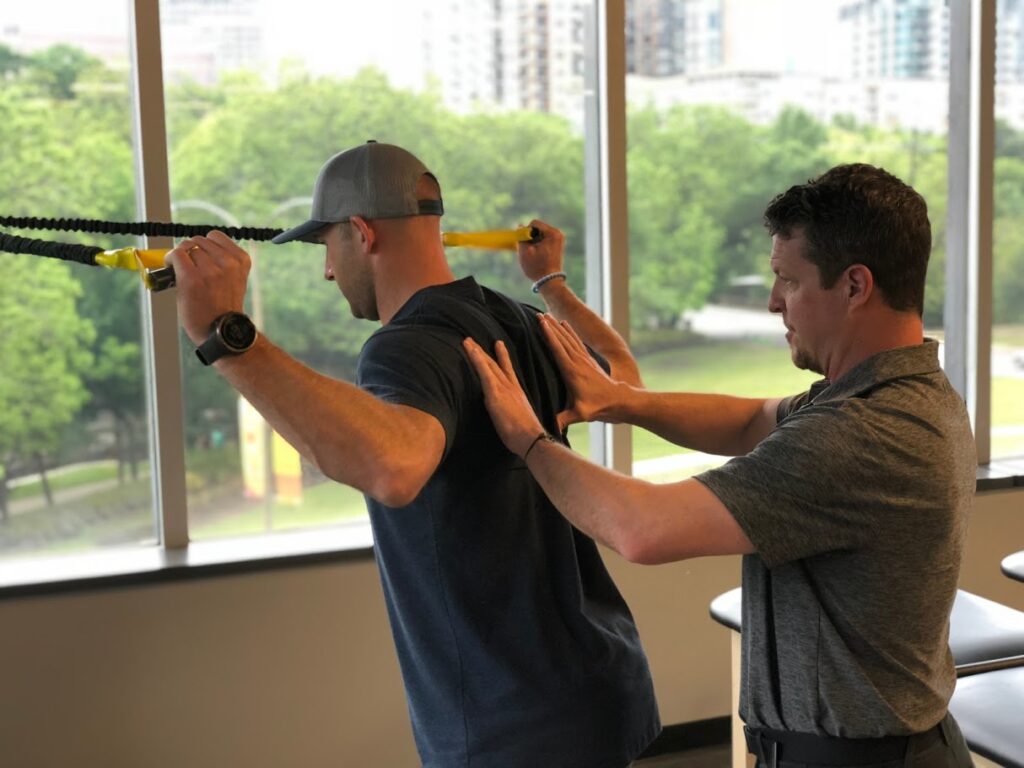
What is the best legal structure for a gym?
The best legal structure for a gym often depends on the size of the business, the number of owners, and financial considerations. For many gym owners, forming a Limited Liability Company (LLC) is a popular choice as it provides personal liability protection and has potential tax benefits.
What is not allowed in the gym?
Typically, activities not allowed in a gym include using equipment improperly, disregarding safety protocols, engaging in disruptive or disrespectful behavior, bringing in prohibited items like alcohol or drugs, and ignoring hygiene standards.
What are the rules for a gym?
Common rules for a gym include:
- Respect the equipment and return it to its place after use.
- Wipe down machines and benches after use.
- Respect others’ space and privacy.
- Follow dress code and hygiene standards.
- Adhere to safety guidelines and instructions.
What licenses do you need to open a gym?
To open a gym, you typically need a general business license, a health and safety permit, and possibly a music license if you plan to play music. Specific requirements can vary by location.
Should my gym be an LLC?
Forming your gym as an LLC can be beneficial as it offers personal liability protection, which is important in a business with inherent physical risks. It also provides flexibility in management and taxation.
Do you need a lawyer to open a gym?
While not mandatory, consulting with a lawyer can be beneficial when opening a gym, especially for navigating legal requirements, drafting waivers and contracts, and ensuring compliance with local regulations.
Do you need a permit or business license to open a gym?
Yes, you typically need a business license and may require specific permits related to health and safety, especially if your gym offers specialized services like tanning, childcare, or food sales.
Why is insurance important for a gym?
Insurance is crucial for a gym to protect against liabilities such as injuries, accidents, or equipment damage. It helps cover potential legal fees and settlements, safeguarding the business’s financial stability.
Read More: Why is insurance important for a gym?
What are the key legal risks for a gym?
Key legal risks for a gym include liability for injuries or accidents, non-compliance with health and safety regulations, employment-related issues, and breaches of contract or membership disputes.
Do you need insurance to open a gym?
Yes, you need insurance to open a gym. Essential types include general liability insurance, professional liability insurance, and property insurance. It’s also wise to consider workers’ compensation insurance if you have employees.
Read More: Gym Insurance
What is the best business type for a gym?
The best business type for a gym often depends on factors like ownership, size, and financial goals. LLCs are common due to their liability protection and flexibility, but sole proprietorships or S-corporations might be suitable for smaller operations.
What business category is a gym?
A gym typically falls under the business category of “Health and Fitness Centers” or “Recreational Facilities.” It may also be classified under “Personal Care Services” if it offers amenities like spas or personal training.
How can Exercise.com help me run my gym professionally?
Exercise.com can help you run your gym professionally by offering comprehensive software solutions for managing memberships, scheduling classes and trainers, tracking client progress, processing payments, and streamlining communication. Its robust platform ensures efficient business operations, enhances client engagement, and supports overall business growth and professionalism.
